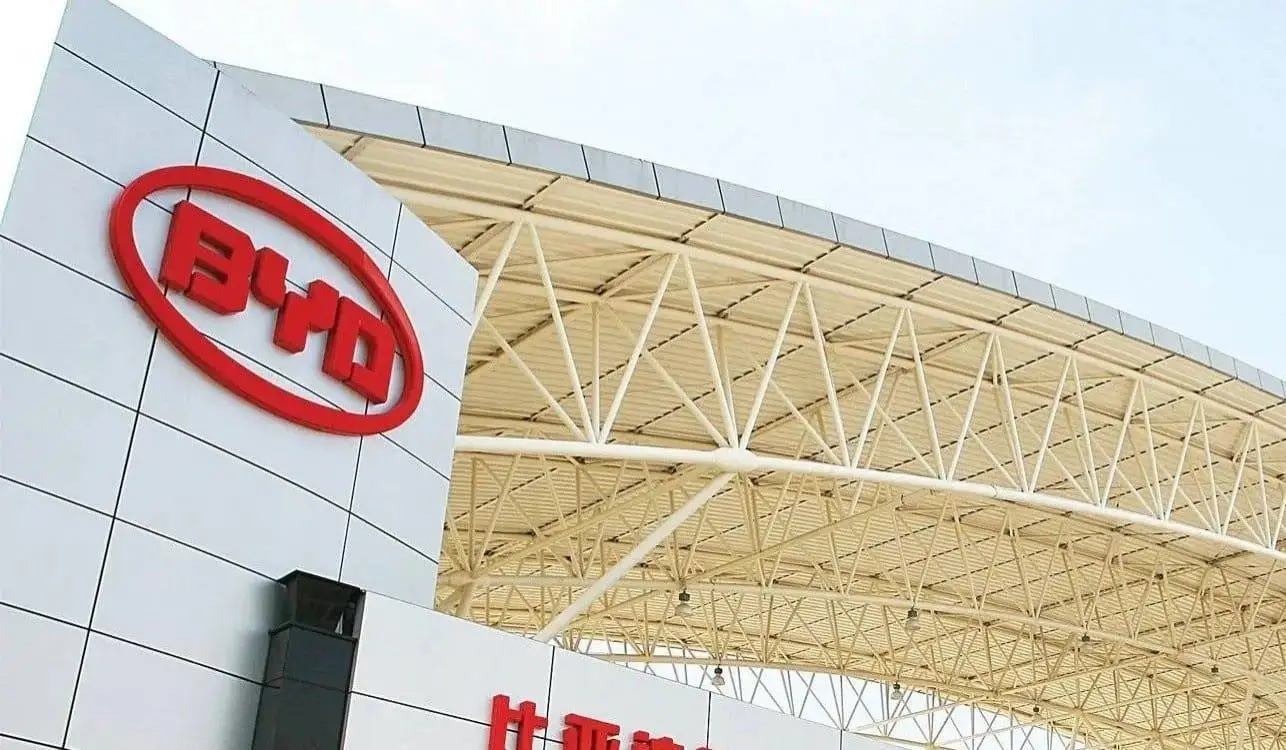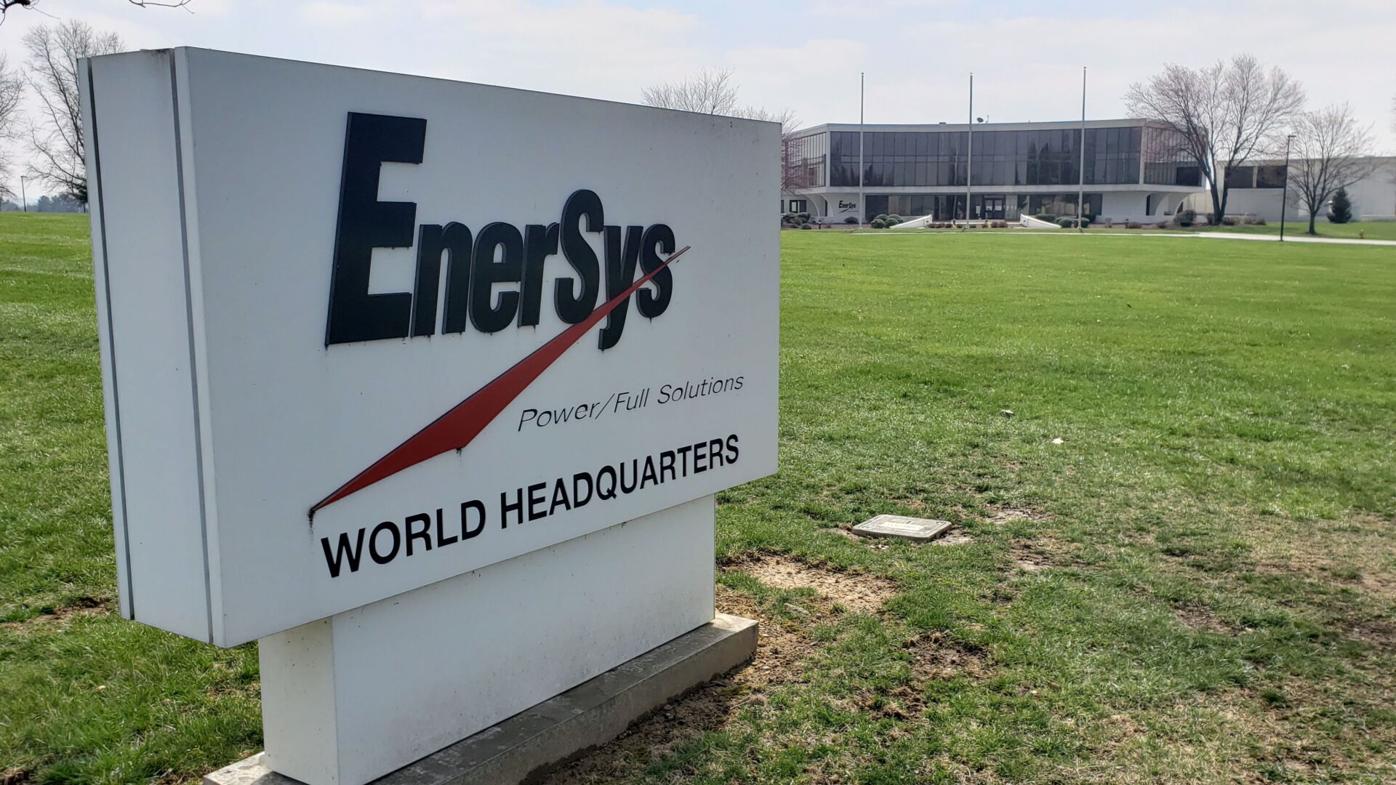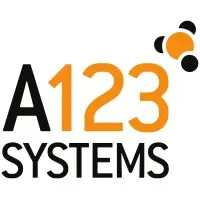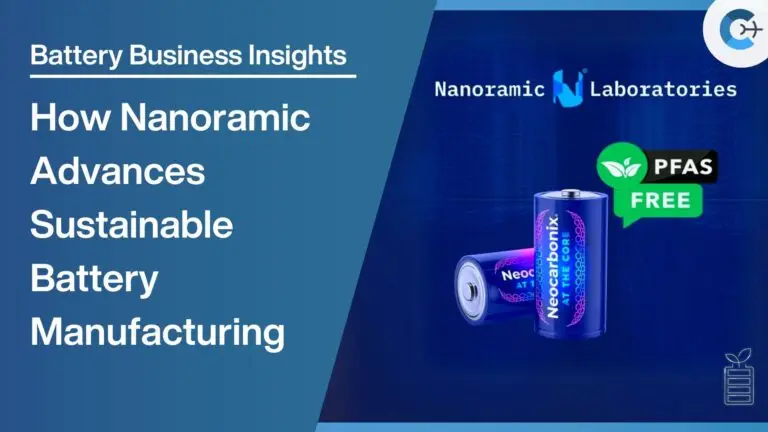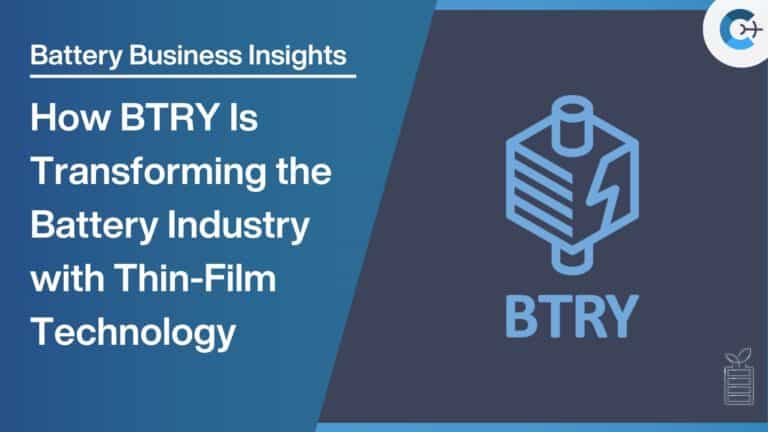Ford Motor Co. has announced a strategic shift in its electric vehicle (EV) production plans, focusing more on hybrid vehicles lineups while reducing its pure EV production. The company plans to reduce its annual investment in all-electric vehicles from 40% to 30%.
This strategic adjustment includes canceling a planned three-row electric SUV and delaying production of its next-generation electric pickup truck at a new plant in Tennessee. Ford cites battery costs as a primary factor in the decision, with CEO Jim Farley emphasizing the importance of affordable batteries for competitive EV pricing.
To take advantage of incentives available under the IRA, particularly the Advanced Manufacturing Tax Credit, Ford is adjusting its manufacturing strategy. The company aims to begin LFP battery production at its BlueOval Battery Park Michigan in 2026, which will qualify for IRA benefits. In addition, Ford intends to move some Mustang Mach-E battery production from Poland to Michigan by 2025 to access IRA credits.
This strategic realignment has financial implications, including a $400 million write-down of manufacturing assets related to the canceled three-row EV and potential additional charges of up to $1.5 billion.
Hybrid vehicle sales have shown significant growth for Ford, with a 56% increase in the second quarter of 2024, setting a new quarterly sales record. However, in the first half of 2024, EVs accounted for 4.2% of Ford’s total sales, while hybrids accounted for 8.8%.
Ford acknowledges the challenges of achieving cost parity with Chinese manufacturers, especially in the affordable EV segment. CEO Jim Farley described the EV transition as challenging, but noted that it has driven company-wide efficiencies that he expects will benefit Ford in the long term.
Source: Fastmarkets



